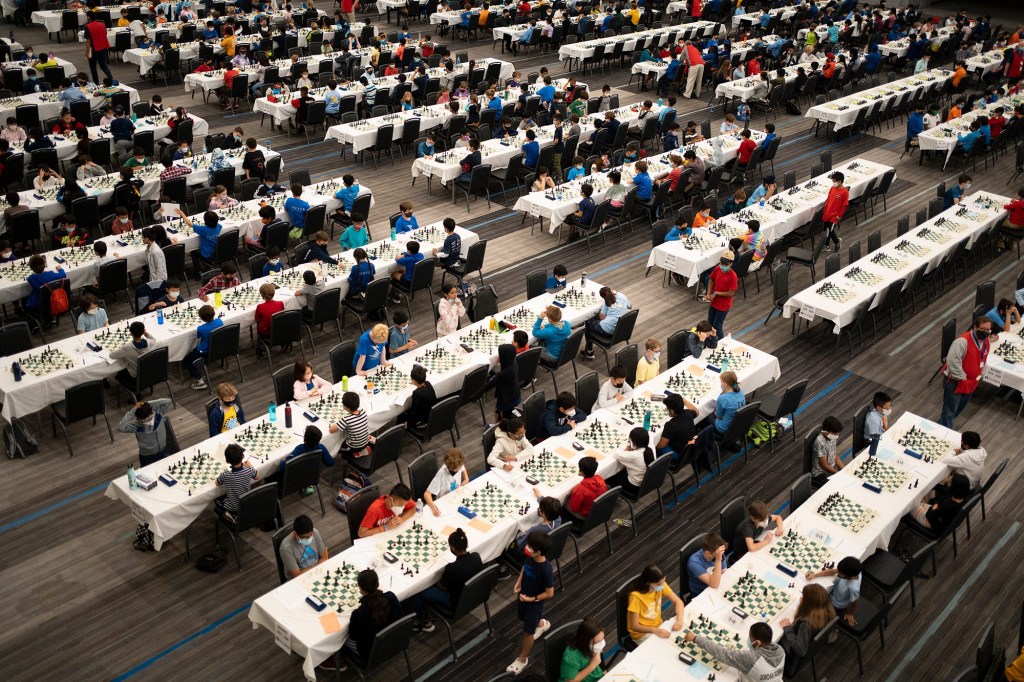It says a lot that chess’ biggest moment in the spotlight over the last 12 months — and probably the last decade — came not from a spectacular game or tournament but from an accusation. Magnus Carlsen accused grandmaster Hans Niemann of cheating after Niemann ended Carlsen’s streak of 53 classical games without a loss.
Niemann denied the accusation but admitted to cheating in other instances in part to boost his rating and be considered among the top chess streamers.
The moment encapsulated the very thing the ancient, slow-paced game needs in its fight for time and attention: the kind of easily digestible conflict and drama that you see on social media or reality TV. MLB addressed similar concerns with its pitch clock, and chess is looking to increase the pace and ramp up its drama and action.
The stewards of the game have become those who have drawn a following on Twitch and YouTube, and unlike the glacial matches playing out now during the World Chess Championship, streamers play formats in which they typically only take a few seconds per move.
The top organizing bodies within the game have also taken notice, and are shifting their attention to faster formats.
But the most glaring signal that times are changing in chess is that the best player in the world, Magnus Carlsen, decided that defending his world champion title was simply not worth the time and effort. That is a crisis for the game, but also a huge opportunity.

